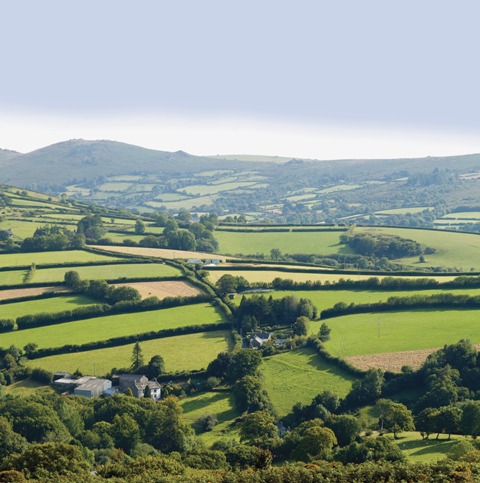
The Government published their response to their consultation responses on Underground Drilling Access on 25 September 2014. The consultation proposed changes that would give companies the right to drill under private land at depths of 300 metres or more without negotiating a right of access.
In the past it was considered that an owner of land owned “everything under the sky down to the centre of the earth”. That proposition has been amended over time such that aircraft are unlikely to commit a trespass when they overfly land. Similarly, the Supreme Court came to the view in 2010 that there will be a point below the earth’s surface “at which physical features such as pressure and temperature render the concept of the strata belonging to anybody so absurd as to be not worth arguing about”.
In the 2010 case an oil company was held to have trespassed over a neighbour’s land when drilling a diagonal well from the surface to recover petroleum. An apparent victory for the neighbour, however, whilst the neighbour claimed a percentage of the profits, the Supreme Court dismissed this and commented that the sum awarded (£1,000) was “positively generous” and should have been no more than £82.50. The compensation for the trespass won by the neighbour therefore paled in to insignificance when considered against the costs of the litigation.
The reason for the Supreme Court’s views on compensation being no more than £82.50 stems from legislation that already exists for acquiring rights over a third party’s land, the Mines (Working Facilities and Support) Act 1966. That Act specifies that the compensation for “any right… …shall be assessed by the court on the basis of what would be fair and reasonable between a willing grantor and a willing grantee…”, thereby excluding the possibility of a ransom.
Of course the optimum solution is for an agreement to be made between the operator and the landowner, but where that cannot be achieved (e.g. where all the surrounding landowners agree not to grant access) an application under the Mines (Working Facilities and Support) Act 1966 would currently be the only solution. Having made an application to the Secretary of State for Business Innovation and Skills under the Mines (Working Facilities and Support) Act 1966 for such rights on behalf of a client in 2013 we are acutely aware that such applications require operators to expend a significant amount of time and money.
It is against this backdrop that from 23 May to 15 August 2014, the Government ran a public consultation seeking views on a proposal designed to simplify the existing procedure for underground access when seeking to exploit oil, gas or geothermal resources. In the consultation the Government indicated that it considered the “existing procedures for gaining this underground access to be costly, time-consuming and disproportionate for these industries”.
That consultation proposed:-
i) a right of underground access to companies extracting petroleum (as defined under the Petroleum Act 1998 – including gas or oil);
ii) a payment in return for the right of access (£20,000 one-off payment for each unique lateral (horizontal) well that extends by more than 200 metres laterally) to a community body, not the landowner;
iii) a public notification system under which the company would outline matters such as the relevant area of underground land, coupled with details on the payment that will be made in return for the access.
The consultation resulted in 40,647 responses. 99% opposed the proposals. The Government published their response to their consultation responses on Underground Drilling Access on 25 September 2014 and acknowledged the large number of responses against the proposal. However, the Government believed that the proposals remain the right approach to underground access and therefore will put primary legislation before Parliament to implement the policy proposals set out in the consultation paper.
Notwithstanding the opposition to the proposals, those seeking to exploit petroleum resources will find their task simpler and more certain in terms of timescale and cost when the new legislation on trespass is brought in to force.
Chris Tofts is an associate in the planning team. Please call him on 01872 265100 or email planning@stephens-scown.co.uk if you require any advice or assistance.
